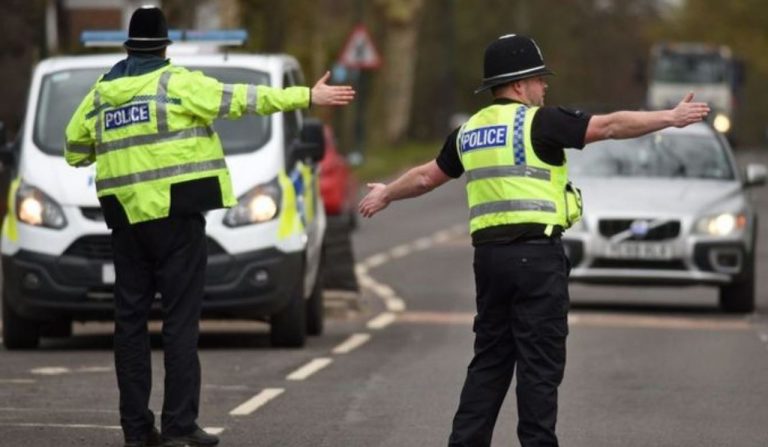The new guidance aims to quell heavy-handed enforcement and bring consistency between the different forces

Announcing the lockdown in the UK last Monday, Boris Johnson said people could exercise only once a day. But from police leaders’ briefing, there is no limit on how many times people can exercise. In order to prevent Coronavirus spread, UK police had to reissue with guidance on enforcement.
The briefing to officers, which they will be expected to follow, says: “The Coronavirus act and Coronavirus regulations do not explicitly confer any powers on police officers to stop vehicles.”
- READ MORE: Coronavirus: how to make a surgical mask at home
- READ MORE: Coronavirus: how to make a hand sanitizer at home
UK police reissued with guidance on enforcement
It says officers can use the road traffic act to stop vehicles for any reason, and this could lead to offenses under the Coronavirus act being detected. But then police chiefs told the officer that people should not be punished for driving a reasonable distance to exercise, and that blanket checks were disproportionate, in a bid to quell a row about heavy-handed enforcement of the lockdown.
College of Policing, which sets professional standards, and the National Police Chiefs Council (NPCC), tells officers both what they can do and what police leaders would prefer them to refrain from doing. It sticks to the powers in the emergency law passed last Thursday, not statements made by senior government figures about what they wanted the public to do. The two had been contrariety and were the source of potential confusion for some officers.
The draconian powers were given to the police to enforce an unprecedented lockdown closing non-essential shops, banning gatherings of more than two people and restricting when people are outside their houses. The guidance stresses officers’s “police by consent” and that during the pandemic, people must have a reasonable excuse to leave their home.
Officers are told that enforcement actions such as arrest or the issuing of a fine should be used as a last resort. But then adds: “Use your judgment and common sense; for example, people will want to exercise locally and may need to travel to do so, we don’t want the public sanctioned for traveling a reasonable distance to exercise. Road checks on every vehicle are equally disproportionate”.
Derbyshire’s chief constable defended the behavior of his officers. Ch Con Peter Goodman said the emergency laws were unclear and argued the use of police drones to highlight people exercising on a seemingly empty Peak District was meant to start a conversation. He said his officers had yet to issue a fine, a summons or make an arrest. He reacted after Derbyshire constabulary was singled out by Lord Sumption, who described the use of the drones as “disgraceful” and reminiscent of a police state.




